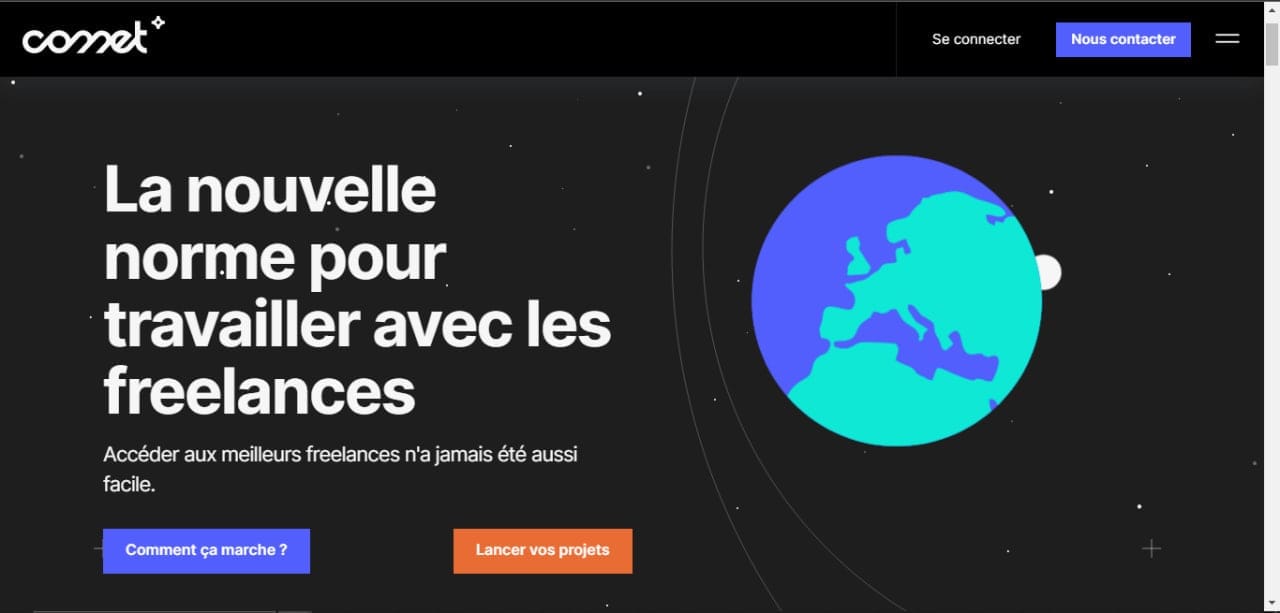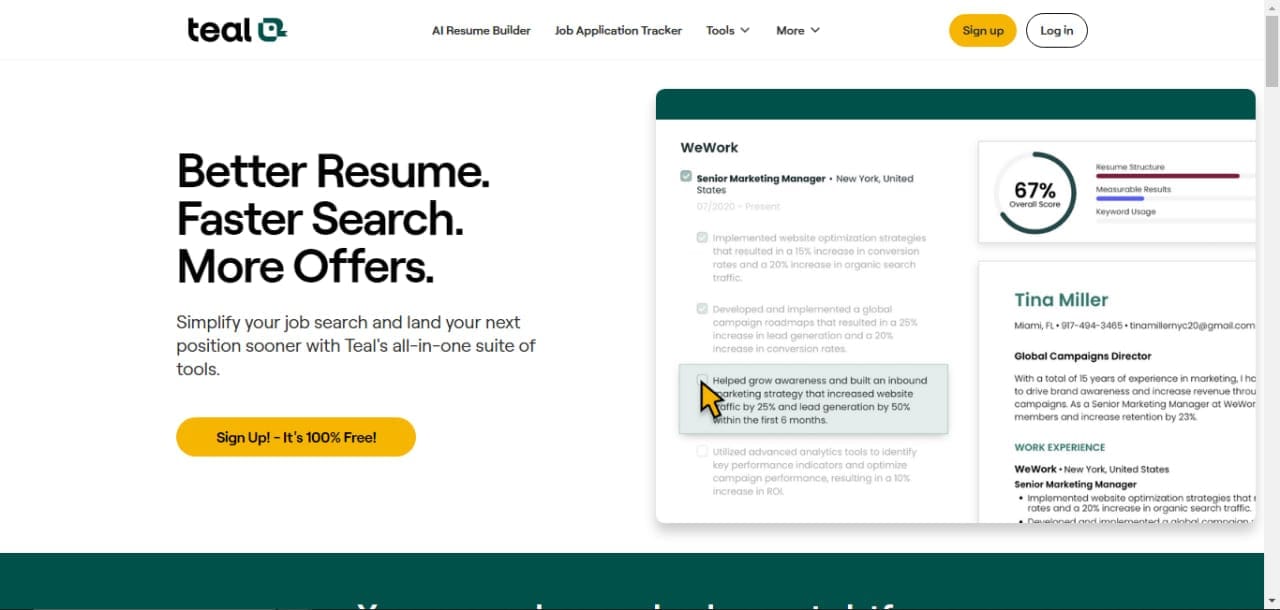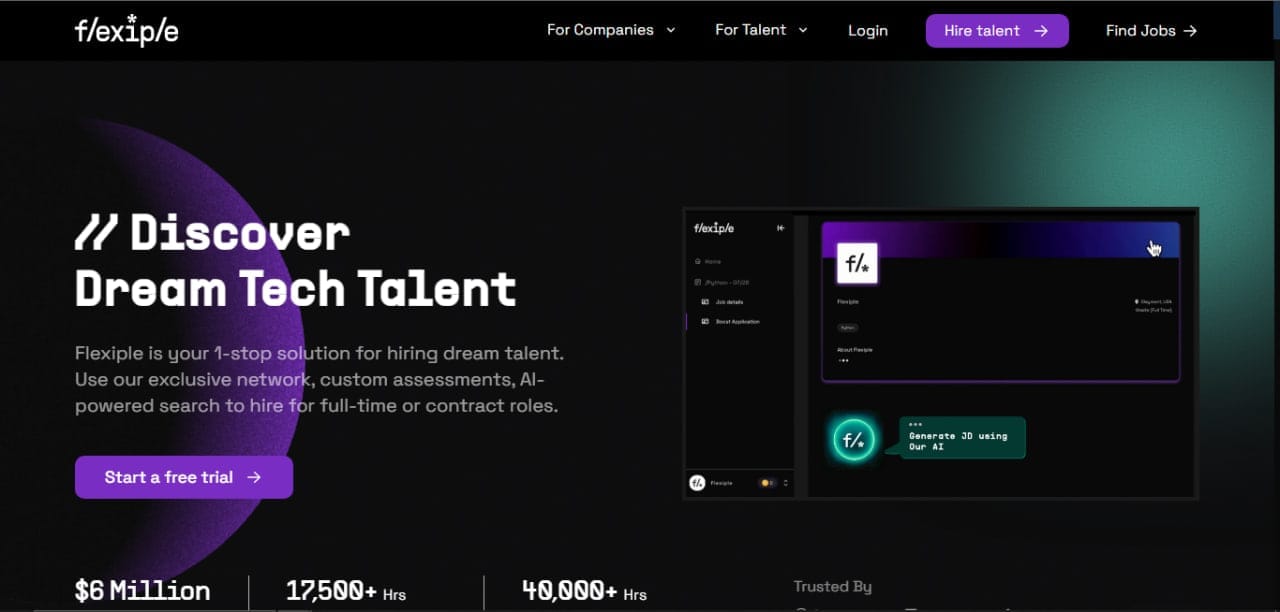Introduction
The no-code movement is a rapidly growing trend in the tech industry, which represents a significant shift in the way software applications are built and deployed. Traditionally, only skilled programmers were able to build software, but no-code platforms have disrupted this norm. They enable individuals without formal programming training to create complex applications, thereby democratizing technology. This is not just a passing fad, but a profound evolution that is reshaping the startup landscape. No-code startups offer a compelling investment opportunity to investors due to their ability to innovate rapidly and scale efficiently.
No-code tools provide a great value proposition for startups. These tools remove the barriers to software development and enable entrepreneurs to bring their ideas to life quickly and with fewer resources. This agility is particularly valuable in the fast-paced and competitive world of startups where the ability to pivot and adapt can be the difference between success and failure.
Basics of No-Code Development
No-code development is a novel way of creating applications without relying on traditional programming. Instead, it uses graphical user interfaces and configuration. With no-code platforms, users can create apps, automate workflows, and integrate with different systems by simply dragging and dropping components. This approach has transformed the development landscape, making it more agile and accessible.
No-code platforms offer several benefits to startups. Firstly, they significantly reduce the time and cost associated with developing and launching digital products. Secondly, they enable startups to focus on their core business without being overwhelmed by technical complexities. Finally, no-code platforms promote innovation by allowing more team members, regardless of their technical background, to contribute to the development process.
Startup Success Stories on No-Code
1.Comet

Comet is a popular no-code startup in the freelance market that operates as a freelancing marketplace using Bubble. It has become a favorite among venture capitalists and has successfully secured €14M within just 3 years of its inception, with seed capital from investors such as Kima and Otium Ventures. Over the past five years, Comet has helped more than 1000 companies hire tech talent, delivering over 300 successful projects with an average monthly recurring revenue (MRR) of $800k.
- Founders: Charles Thomas, Joseph, and Valentin
- Official website: www.comet.co
- No code tools used: Bubble
- Funds raised: €14 million raised in Series A in 2018
2.Teal

Teal is a platform founded by David Fano that helps people achieve better outcomes from a job search. It allows users to organize their job-hunting activities and find better jobs. The founder has admitted that no-code was a core part of their platform from the start, and they used Bubble to launch it.
By choosing a no-code platform, Teal gained better control over design and was able to iterate faster. They began with Bubble for their main product, then used Typeform for surveys, Airtable for database management, and connected everything using Zapier. For their website, they used Webflow.
The founder believes that traditional mockups are useful, but they do not help validate if there is a demand for a product. A no-code MVP allows companies to speed up development, test rapidly, and iterate quickly to find a product-market fit.
Teal has
raised over $11 million from investors
and continues to improve the platform with a small team. No-code helped the company refine the product and focus on helping people achieve the most of their career journey.
Flexiple is a renowned alternative to Toptal that assists businesses in hiring pre-vetted freelancers. The company generates revenue of $3 million and has been built using a no-code stack, costing them only $60 per month. In the highly competitive space of freelance hiring platforms, the key to success for Flexiple was a simple business model, focus on organic growth, and frugal innovation. It took Flexiple four years to reach $1 million in annual revenue, during which they experimented with different models. However, since then, the company has been growing at an impressive rate of 25% month-on-month.
Flexiple’s no-code tech stack is Unicorn Platform, Airtable, Bubble, and Webflow. According to
the blog on one of Flexiple’s side projects,
Build, the company:
Flexiple's founder, Karthik Sridharan, regularly shares nuggets about the
power of no-code in building a startup on his Twitter.
This NO-CODE Startup Made $3,000,000 Using Bubble.io (Flexiple.com Case Study) Investing in startups that employ no-code platforms is crucial for their growth and expansion. More investors are realizing the significance of such platforms in facilitating fast prototyping, testing in the market, and obtaining customer feedback. These investors are not only investing in the product, but also in the underlying efficiency and adaptability that no-code development provides to the startup. When looking for no-code startups to invest in, investors typically seek companies that have already established market suitability, scalability potential, and a clear path to revenue. They also appreciate teams that are diverse and have a blend of business expertise and innovative problem-solving abilities. For no-code startups, obtaining investment frequently means an opportunity to increase their team size, venture into new markets, and improve their product offerings. We also have an article about How To Get More Clients For Your No-Code Development Agency? Read for faster development of your project The no-code movement is causing a significant shift in the startup ecosystem. It is changing the way startups develop their products, go-to-market strategies, and raise funds. With the ability to create and improve products quickly, startups can respond more effectively to market demands and customer feedback. This agility is redefining the concept of a lean startup. In addition, the no-code movement is making entrepreneurship more accessible. People with innovative ideas but without technical backgrounds can now create and scale tech startups. This inclusivity is likely to lead to a broader range of products and services in the market, reflecting a more diverse set of needs and perspectives. Looking forward, the impact of no-code on innovation is expected to be significant. As more people gain the ability to build and deploy applications, we will likely see an increase in entrepreneurial activity. This could lead to more personalized and niche products, further democratizing the digital landscape. The emergence of no-code platforms is a significant milestone in the tech industry's evolution. These platforms offer startups a way to develop and innovate rapidly, giving them a competitive edge in a constantly changing market. As more success stories emerge, it is clear that no-code development is not a passing trend but rather a fundamental shift in how digital products are conceived and built. For entrepreneurs considering a no-code startup, the possibilities are vast. The key is to have a deep understanding of the problem you are trying to solve, focus on user experience, and take advantage of the flexibility and speed that no-code platforms offer. With the right approach, no-code startups can attract significant investment and establish a lasting impact in their respective industries. If you're interested in learning about creating software applications without coding, many resources are available online. You can join online communities, forums, and social media groups to share knowledge and experiences. Additionally, numerous online courses and tutorials are designed for various skill levels, from beginners to advanced users. These resources are a great starting point for anyone looking to enter the no-code development and entrepreneurship world. We also offer NoCode courses on our platform. Click the button below to check them out.
3.Flexiple

The Role of Investments in the Development of No-Code Startups

The Impact of No-Code on the Startup Ecosystem
Conclusion
Additional Resources






